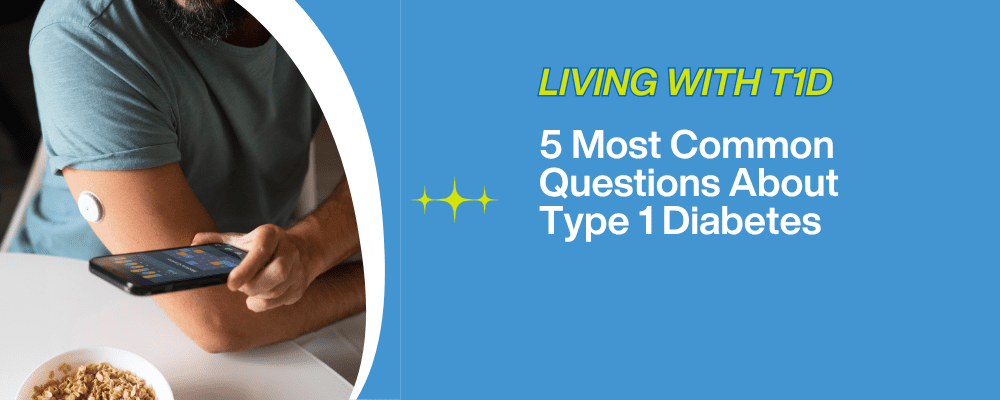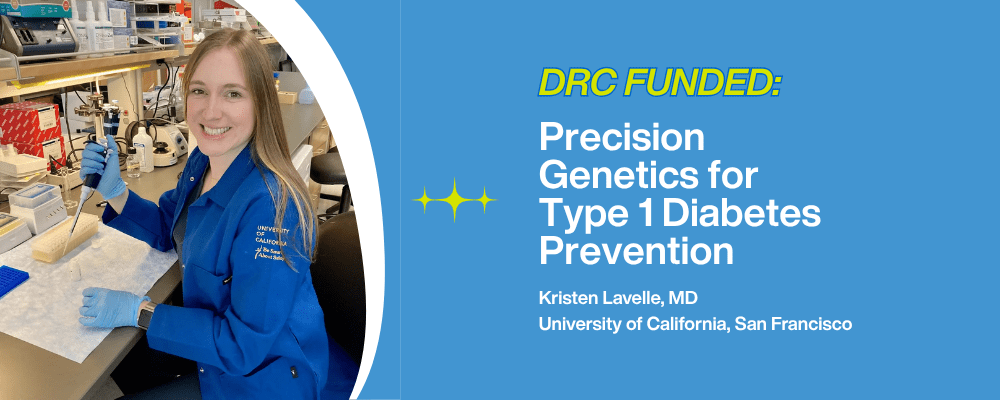Type 1 diabetes is a chronic condition that often emerges in childhood, and, as of yet, has no cure. Patients must learn to effectively manage their diabetes throughout all stages of their lives and continue following up with their healthcare provider. However, a recent study found that as children progress from adolescence into adulthood, there is often no formal transition process to help them adapt to adult care for diabetes.
In shifting from pediatric to adult care, patients must find a new provider who is skilled in managing diabetes care, transfer their records, adapt to less flexible scheduling options, and familiarize themselves with the changes that come with moving to an adult provider. These can all be challenging adjustments while also dealing with other life events that come with adulthood.
While the United States created a series of recommendations for facilitating this transition, many diabetes centers still did not have a structured program in place. The study interviewed 15 pediatric diabetes centers in Quebec and found that only three had a formal policy on transitions. However, they did not include patients or their families when creating these policies. Some facilities required patients to transition at age 18 while others gave more flexibility depending on the patient’s readiness.
Given that type 1 diabetes is a condition that patients must manage throughout their lives, providing the support and guidance necessary to ease transitions and promote continued good health is essential. It is important to raise awareness and encourage pediatric and adult practices to increase communication and coordination in helping patients with diabetes to transition their care between providers.
The Diabetes Research Connection is doing its part to raise awareness when it comes to type 1 diabetes and the push to find more effective treatments and ways to improve quality of life. The organization provides funding to early career scientists who conduct research focused on type 1 diabetes and are developing innovative approaches. Help support these projects by visiting the Diabetes Research Connection online.




